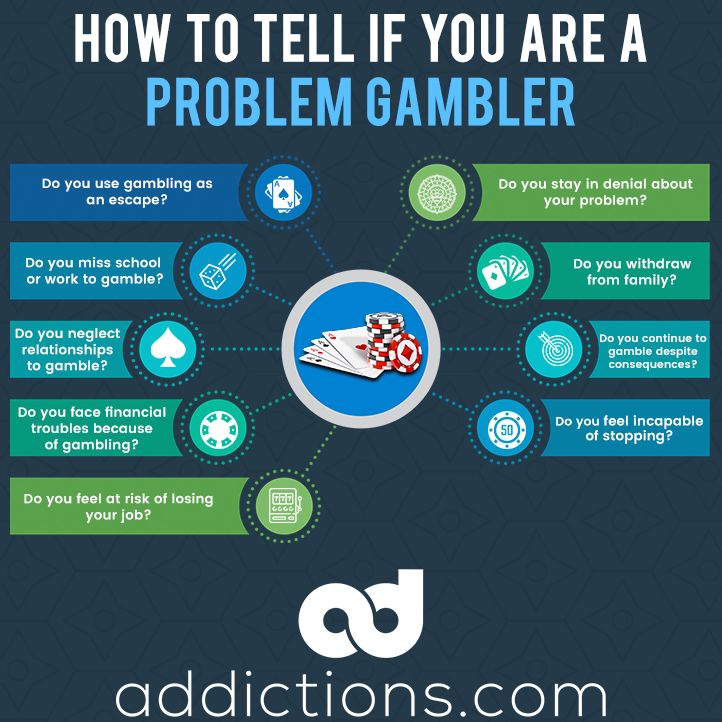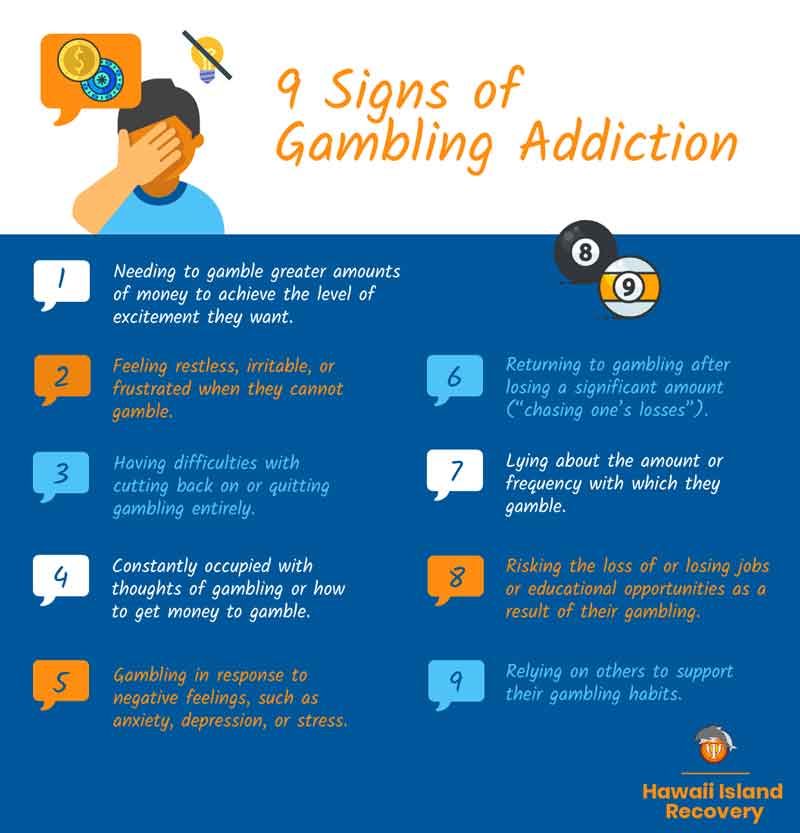
How to Recognize Problem Gambling Habits
- 0
For many individuals, gambling can be a fun and recreational activity. However, for some, it can escalate into a serious problem that impacts their finances, relationships, and overall well-being. Problem gambling, also known as gambling addiction, is a compulsive behavior that can lead to devastating consequences if left unchecked. In this article, we will discuss how to recognize problem gambling habits and seek help if needed.
Understanding Problem Gambling
Problem gambling is characterized by an inability to control the urge to gamble, despite negative consequences. It can manifest in various ways, such as compulsively betting large sums of money, chasing losses, and constantly thinking about gambling. Individuals with gambling addiction may experience financial problems, relationship conflicts, and mental health issues as a result of their behavior.
Recognizing the Signs
There are several warning signs that may indicate a gambling problem. These include:
Spending more time and money on gambling than intended
Lying to loved ones about gambling activities
Borrowing money to finance gambling habits
Neglecting responsibilities at work, school, or home due to gambling
Feeling restless or irritable when attempting to cut back on gambling
Using gambling as a way to escape problems or negative emotions
If you or someone you know exhibits these signs, it may be time to seek help for problem gambling.
Seeking Help
Recognizing and addressing problem gambling is a crucial step towards recovery. There are various resources available for individuals struggling with gambling addiction, including therapy, support groups, and treatment programs. Seeking help from a trained professional can provide guidance and support in overcoming compulsive gambling behavior.
Preventing Relapse
After seeking help for problem gambling, it is important to take steps to prevent relapse. This may involve avoiding triggers that can lead to gambling, such as casinos, online betting sites, or social gatherings where gambling occurs. Developing healthy coping mechanisms and finding alternative activities to fill the void left by gambling can also be helpful in maintaining recovery.
Conclusion
Problem gambling can have serious consequences, but with awareness and support, recovery is possible. By recognizing the signs of gambling addiction, seeking help, and taking steps to prevent relapse, individuals can overcome their compulsive gambling habits and rebuild their lives. If you or someone you know is struggling with problem gambling, reach out to a professional for help today.
Remember, you are not alone and there are resources available to support you on your journey to recovery.

